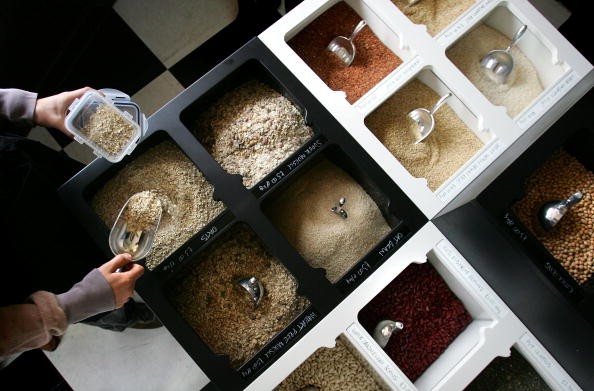
Are you thinking of doing Paleo or removing carbohydrates out of your life? Hold on first. A new study suggests that whole grains may actually help you achieve longevity.
Who doesn't want to live a little longer, right? Whole grains such as quinoa and oats can do that by reducing the risk of developing cardiovascular disease, which remains as one of the main causes of death all over the world.
The intensive research includes data that can be obtained from two big previous studies. The first one is the Nurses' Health Study, which had more than 73,000 women as respondents. The second is a follow-up study with 44,000 men. These studies went on for more than 20 years with participants sharing their consumption of whole grain through a survey sent to them every two years-at other times four.
By the end of the study, more than 26,000 of these respondents were dead-but through this brand-new research, the team led by Dr. Qi Sun of Harvard School of Public Health has uncovered three very important points.
First, while eating whole grains can already reduce the risk of dying, the one thing that makes the most impact is actually the kernel's skin, which is called the bran. Most of the antioxidants are found in there. It is also the part of the grain that is the richest in fiber. This also explains why whole grains are so much better than refined grains. The latter has gone through so much processing including the removal of the bran they no longer have the necessary nutrients your body needs.
When it comes to consumption, based on the study, the ideal amount of whole grains to eat is around 28 grams. Doing so will bring your risk of developing and dying from a heart disorder by almost 10 percent. In other words, you have to make it a habit and really part of your meal.
The idea of eating whole grains may be difficult especially if you're a refined grain eater for the most part of your life, but you can begin by changing at least one of those servings with whole grains. That will already reduce your risk by as much as 20 percent.

